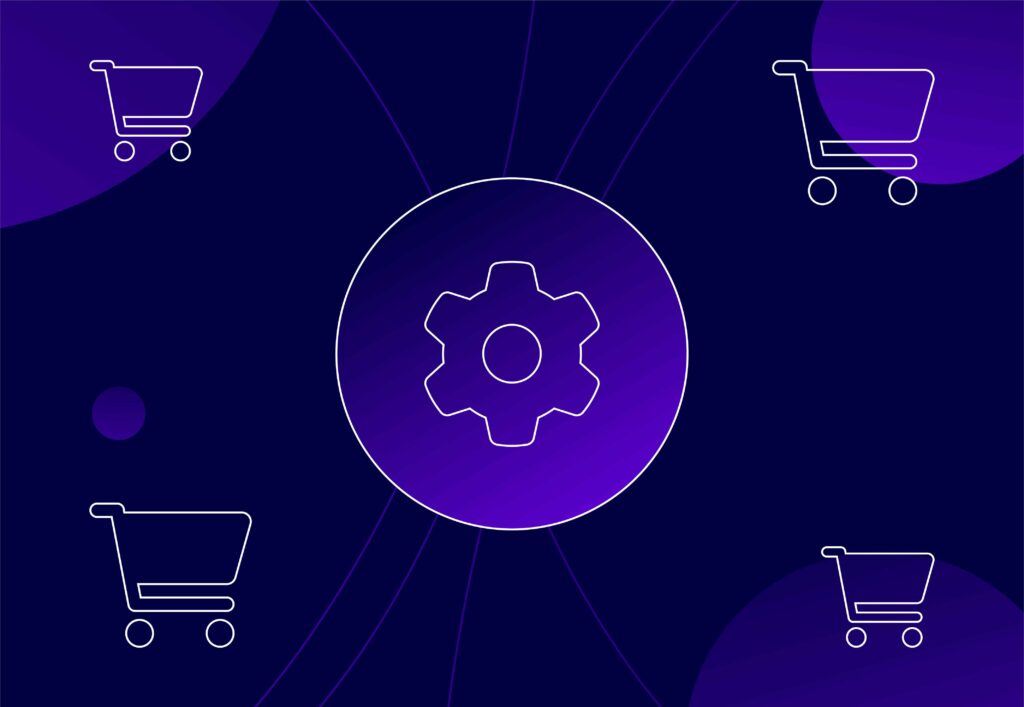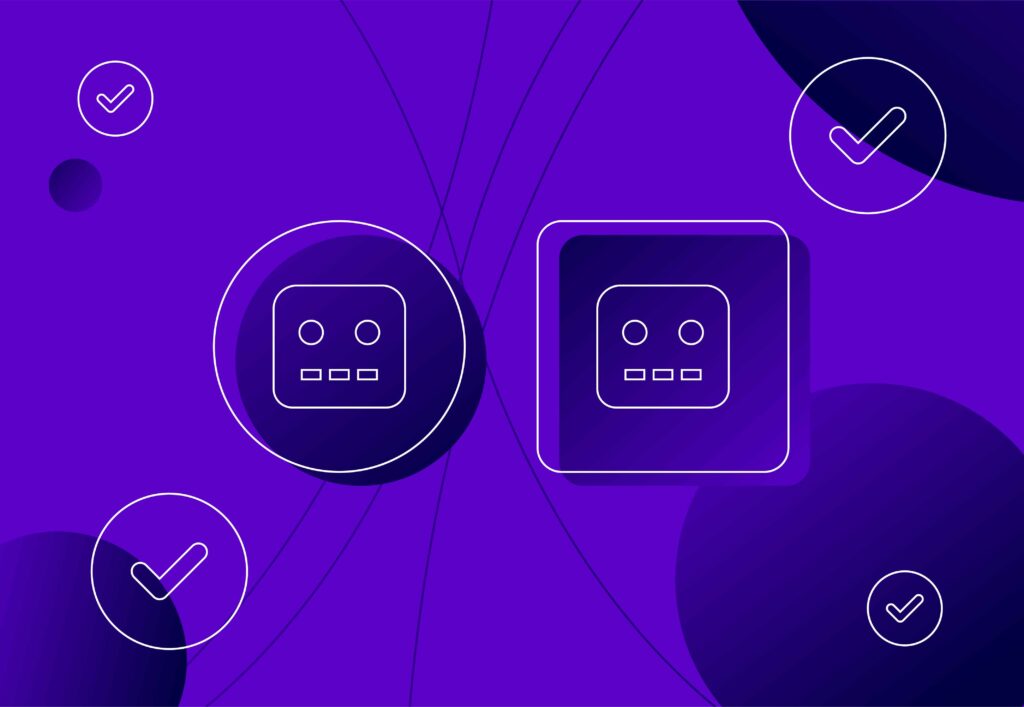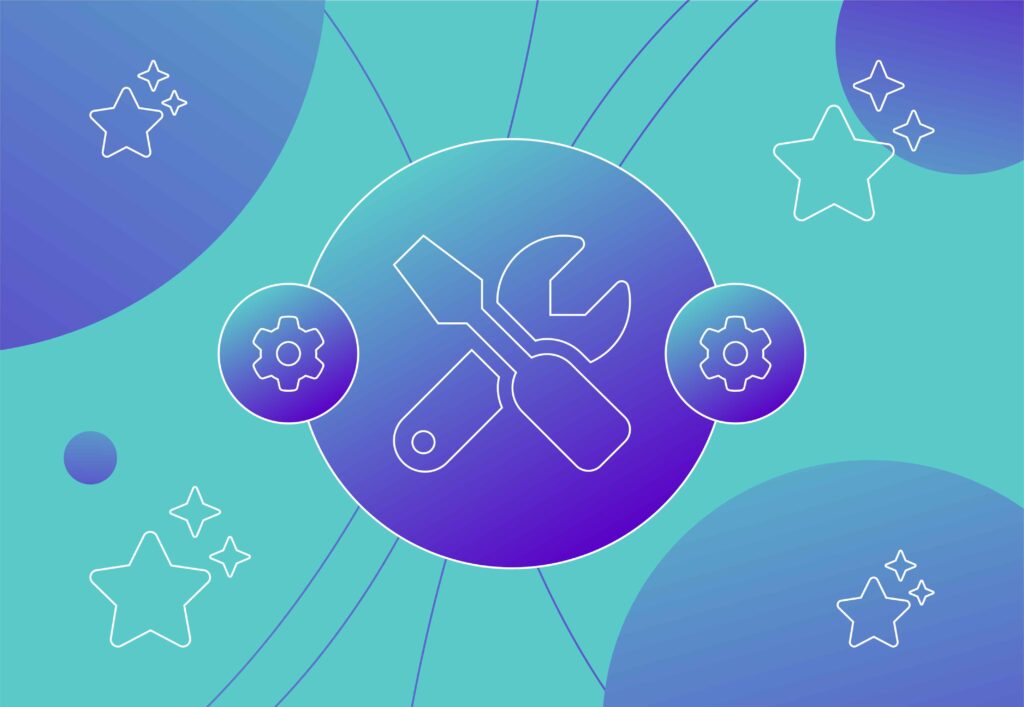
Different ways in which the Gaming Industry is changing

It’s no surprise that the gaming industry has a forever growing audience, but the last year has seen the most significant growth period to date. Covid-19 has given the average gamer the time/confidence they need to start a full-time gaming career, with complete backing communities to support their efforts. On the other hand, it’s given game developers more freedom to work on games they’re passionate about, as we’re seeing from many upcoming titles like; Monster Hunter Rise, Outriders, Far Cry 6, New World, to name a few.
The creation of video games is becoming increasingly complex and requires sought after designers’ skills known throughout the industry. An example of this is the lead developer for Amazons new MMO, led by John Liberto, who worked on huge titles like Halo 4 and the Battlefield series. Modern online games like the popular battle royales, Fortnite and Apex Legends have set the bar relatively high, requiring companies to have hefty budgets to compete.
Benefits of the Gaming Surge
It’s an exciting time for gaming, and most of it’s coming from the massive spike in overall player bases. With new players comes new game potential and more income for the game designers, making their game titles stand out. This often means growth for creators already in this space and pushes more people into their live streams/YouTube channels, which gives more exposure to the industry.
The increase in the total number of gamers means new communities are opening up, and it seems to be creating more diversity and a place where new gamers feel accepted. It’s forced people who have been on the fence about making a YouTube/Twitch career to take the leap and do it! It’s well documented that gaming has a significant impact on our mental health, as it creates a place where people can switch off from the outside world and connect to something that brings them instant joy and satisfaction.
Common Misconceptions
Like everything popular, it comes as no surprise that video games come under the microscope with concerns like “gaming isolates people and causes obesity.” However, with numerous studies done by psychologists worldwide, it’s becoming evident that video games affect our brains in a seriously positive way. Depending on the games played, they have been proven to add lasting benefits to basic mental processes like memory, attention and decision making.
These tests typically compare people’s cognitive abilities who don’t play video games to those who do, and the results show the gamers outperform on various cognitive functions. Interestingly, the people within the study who don’t game were instructed to play video games for a certain amount of hours per day, for a certain amount of days.
Media coverage has often given gaming a bad reputation in the past, linking obesity as something created through gaming habits. However, the two aren’t related. Instead, this stems from people struggling with mental health, resulting in them using gaming as a coping mechanism, which can quickly develop into an addiction. Most content creators explain to their audiences that “gamer burnout” is a real thing, which happens when you play the same game title every day. They’re also very good at communicating the importance of taking a break and getting some exercise, as this also improves gaming performance, which is ultimately the end goal.
The Growth Period
The pandemic has affected many different industries around the globe, positively and negatively. However, online gaming has seen the most significant period of growth out of any industry. The videogame industry is now larger than American sports and Movies combined! Global sales have seen roughly a 20% rise in overall sales, and experts don’t expect this to take a dip throughout 2021.
It appears that the global pandemic restricting social interaction has forced people to connect with others online, and gaming is a sustainable way to do this. As everybody is experiencing the same thing, it’s creating an environment that’s more accepting and welcoming than ever before, which is good for mental health.




